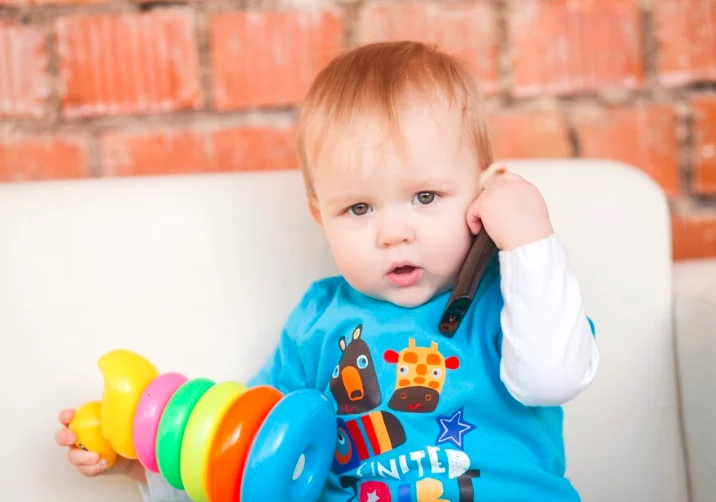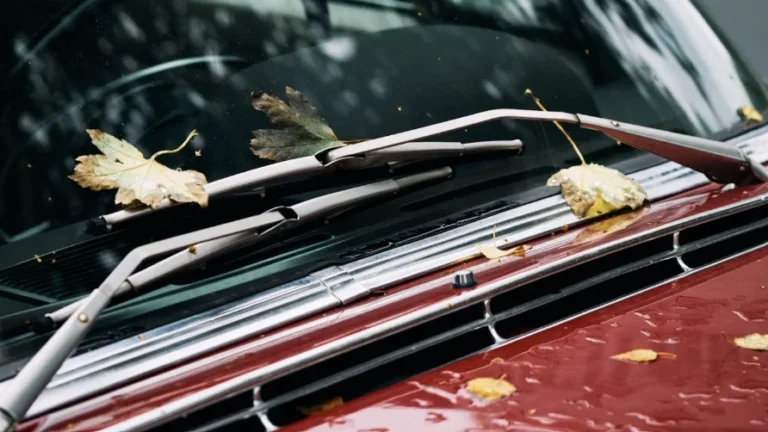Introduction
Have you ever heard a baby make a sound like an owl hooting? This unusual sound, often described as a “baby that can hoot,” can be both surprising and intriguing. In this article, we will explore why some babies mimic the hoot of an owl, what it means, and how parents can encourage healthy vocal development.
What is a Baby That Can Hoot?
A baby that can hoot is simply a baby who makes a sound similar to the hoot of an owl. This phenomenon can be fascinating to witness, and many parents are curious about this unique behavior. If you’re wondering, “What is a baby that can hoot?” It refers to the rare but delightful occurrence when an infant mimics the deep, resonant sound associated with owls.
Understanding the Science Behind Hooting
Babies make many different sounds as they learn to use their voices. Sometimes, these sounds can resemble the hoot of an owl. This happens because a baby’s vocal cords and respiratory system are very flexible. As babies grow, they experiment with their voices, making all kinds of sounds, including hooting. If you’ve seen the “baby that can hoot nyt” or come across the “baby that can hoot crossword clue nyt,” you might already know this.
Developmental Milestones and Sound Mimicry
Sound development in babies is an important part of their growth. Most babies start cooing and babbling in their early months. Mimicking sounds, like hooting, is part of this process. It helps babies learn how to control their voices and develop their speech skills. The “baby that can hoot nyt crossword” has likely sparked curiosity about this unique vocalization.
Evolutionary and Natural Perspectives
Mimicking sounds is not unique to humans. Many animals, especially birds, mimic sounds they hear around them. This ability helps with survival and communication. For babies, mimicking sounds can be a way to practice speaking and listening skills, using instincts that have been passed down through evolution. If you’ve ever wondered, “What is a baby that can hoot called?” or looked for the “baby that can hoot crossword clue,” you’ll find that these vocalizations can be quite engaging.
Real-Life Examples and Case Studies
There are many stories of babies who can hoot. For example, Emma from Ohio started making hooting sounds when she was just one month old. Her parents found it both charming and fascinating. In another case, a baby boy in the UK hooted so much that it attracted the attention of nearby owls! These real-life examples illustrate the delightful nature of a “baby that can hoot.”
Medical and Developmental Perspectives
Doctors usually find baby hooting harmless. It’s just a part of exploring their vocal abilities. However, parents should monitor their baby’s breathing and overall health. If there are any concerns, it’s important to consult a pediatrician. Whether you’re exploring the “baby that can hoot nyt crossword” or other resources, understanding this phenomenon can provide peace of mind.
Guidance for Parents
Parents can help their baby develop healthy vocal skills by engaging with them. Talk, sing, and play sound games with your baby. Make sure they are exposed to a variety of sounds. If hooting continues or is accompanied by other issues, it’s best to seek medical advice. Engaging with your baby’s vocal exploration, like “a baby that can hoot,” can be both fun and beneficial.
Role of Technology
Modern technology can help parents understand their baby’s sounds better. Baby monitors with audio recording features can capture these precious moments. There are also apps that analyze baby sounds and provide insights into their vocal development. Whether you’re using these tools to study the “baby that can hoot crossword clue” or similar phenomena, technology can offer valuable support.
Cultural and Social Interpretations
Different cultures have unique ways of interpreting unusual baby sounds. In some cultures, a baby mimicking animal sounds is seen as a gift or a sign of wisdom. Myths and legends often add an element of mystery to these fascinating behaviors. If you’re curious about how different cultures view “what is a baby that can hoot,” you might find intriguing insights in folklore and cultural practices.
Future Research and Implications
As we learn more about how sound affects development, the phenomenon of babies hooting may offer important insights. Advances in technology and a focus on early childhood development could lead to new discoveries about why babies mimic certain sounds. These findings could influence teaching methods and therapies to enhance language and speech skills. Research into “baby that can hoot crossword clue” and related topics could provide valuable information for future studies.
FAQs
What is baby hooting?
Baby hooting refers to the unusual occurrence where babies mimic the hoot of an owl. It is a deep, resonant tone similar to the sound made by owls.
Is it normal for babies to mimic sounds?
Yes, it is normal for babies to imitate a variety of sounds as part of their development. Mimicking helps them learn and practice speech and listening skills.
Should I be concerned if my baby hoots?
In most cases, hooting is harmless and part of a baby’s exploration. If you have concerns about your baby’s breathing or other behaviors, it’s best to consult a pediatrician.
How can I encourage my baby’s sound development?
Engage with your baby by talking, singing, and playing sound-based games. Provide a variety of sounds for them to hear and imitate. Creating a sound-rich environment is crucial for healthy sound development.
Are there any health risks associated with hooting?
Generally, hooting is not linked to any health risks. However, it’s important to ensure your baby’s airways are clear and to seek medical advice if you notice any signs of discomfort.
Conclusion
The story of babies that can hoot is a testament to the wonders of human development. It shows the incredible ability of infants to explore and adapt to their environment in ways that often leave us amazed. Whether it’s a brief phase or a sign of greater potential, hooting is just one of the many amazing aspects of a child’s journey through their early years. Exploring topics like “baby that can hoot nyt,” “baby that can hoot crossword clue,” and similar keywords can enhance our understanding and appreciation of this fascinating phenomenon.






















+ There are no comments
Add yours